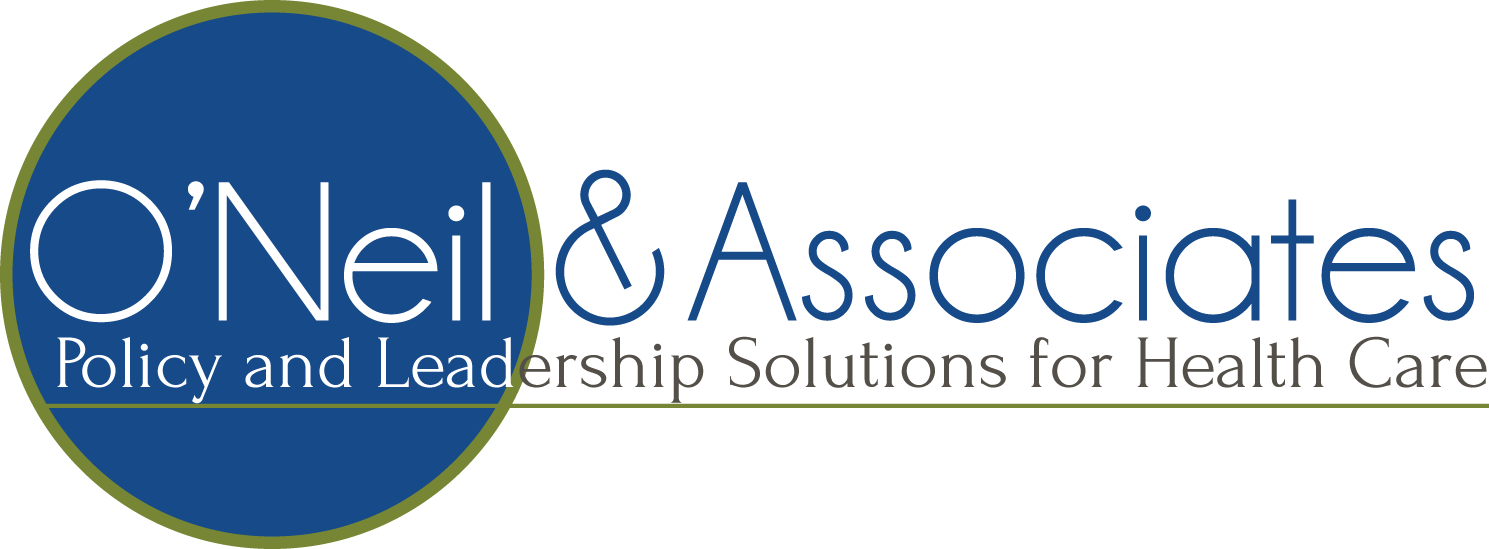The faithful reader of this space will note a modest change from issues past. This month column has a dual byline pointing to an upcoming change in the leadership of the Center for the Health Professions at UCSF. Ed O’Neil, who established the Center and for the past 20 years has directed its effort to frame policy issues around health workforce, will retire from the university in June 2012. Assuming the role of Interim Director will be Sunita Mutha, a long-time member of the senior faculty at the Center and a Professor of Medicine at UCSF. This transition will be an opportunity for the Center to take stock of its accomplishments and position itself to continue to play a vital role in pursuing its mission to transform health care through workforce research and leadership development.
Before we feature the outline of the Center’s future directions in next month’s column, a reflection of what it has achieved is merited. Some who have followed the Center’s work over the past two decades know that it emerged from an earlier effort in policy and change, the Pew Health Professions Commission. Created in 1988, the Commission’s charge was to elevate the understanding of the role that the health professions’ workforce played in shaping the nation’s health. The four reports the Commission issued over six years articulated a more dynamic role for the various health professions in shaping and determining the character of health care, not just statically filling the needs for clinical service. If Americans need a cost conscious, quality oriented, culturally responsive health care system, all of the health professions would need to be provided a vision of what such a system would look like, an orientation that valued such an approach to health, and the skills to deliver such a system.
While the Pew Reports gained some attention there was anxiety that they would go the way of many blue ribbon efforts: a splash of visibility followed by a cavernous disappearance, only to be discovered decades later. At the encouragement of the Pew Charitable Trusts, some of the Commission’s funding was used to establish the Center for the Health Professions at UCSF in 1992 with the anticipation that it would use the recommendations of the Commission to set a strategic agenda for action. And it has.
For these twenty years, the Center has developed a wide ranging set of research, demonstration, policy and advocacy initiatives that cut across health care issues, professions and sectors. Each effort had at its core one or more of the original seventeen competencies that the first Commission report advanced. The work has been driven by an aggressive attention to partnerships with health care delivery institutions, policy makers at the federal and state levels, health professional schools and programs, professional bodies, and foundations.
Over time the focus of the Center’s work on health workforce had evolved to an attention to the “practice models” for care as the critical variable for changing the cost, quality, and consumer satisfaction with the care that is delivered. Today the Center’s work on changing the practice model is deeply embedded in efforts to create patient-centered health homes, reconsider how specialty services are organized and financed, re-imagine the role of the hospital in a more integrated and accountable system of care, integrate oral health in the context of new demands and technology, and understand how pharmacy services can be positioned in a era of significant technological change.
Along the way the Center has developed another focus that was not a part of its original mission. In the early years it became evident that while the policy and demonstration work might point to the need for different ways to organize and deliver health services across the system, the skills to change health care in such a fundamental manner may not be adequate to the undertaking. The Center has developed and added a full cadre of leadership development programs and partnerships. Some of these leadership programs are organized around professions, others within institutions. Some have been incorporated into professional training and others are focused on experienced leaders. Through this work we have developed an understanding that leadership in health care means change, and that this change will come about better, deeper and faster if skills are developed and enhanced. The over two thousand individuals who have participated in our various leadership programs represent a network of leaders in California and across the nation who multiply the Center’s work.
Transitions are disruptive, but essential if change work is to be done. The change in the directorship at the Center for the Health Professions is a minor shift compared to the transformations we have advocated for over the years. The talented staff and faculty who have always provided the leadership for the Center’s work will continue to play a role in planning the future work to address the many challenges to be met.
In the next issue we will look at these challenges and the Center’s work for the coming two decades.
O'Neil and Associates
Website by Detail & Design
